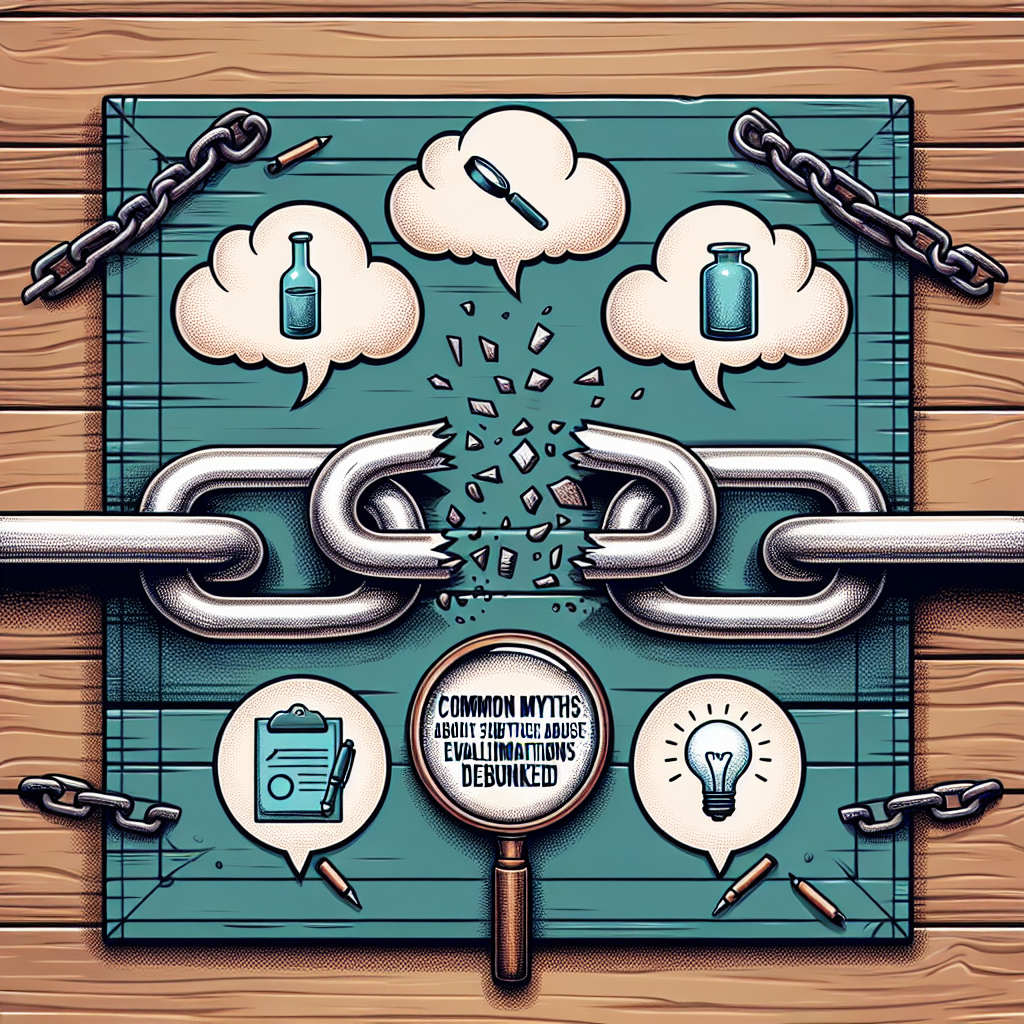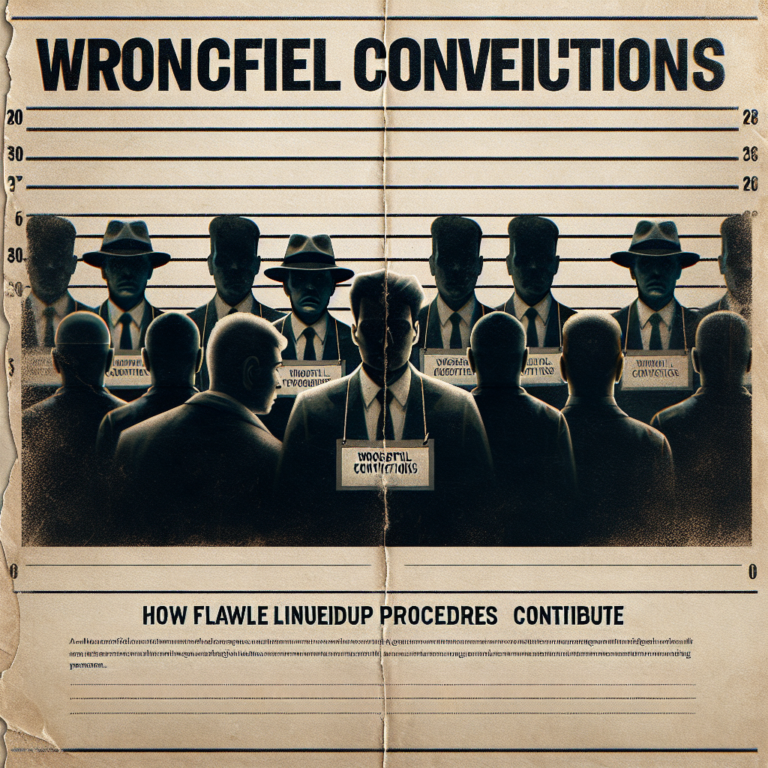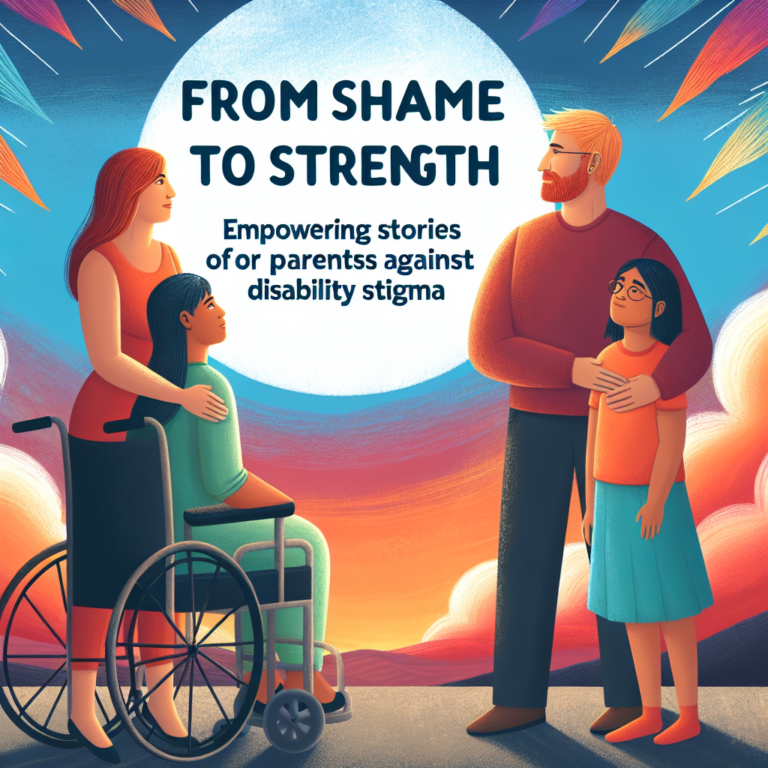
Introduction
Substance abuse evaluations serve as a vital tool for identifying and addressing addiction and substance use disorders. Yet, despite their importance, many misconceptions cloud public understanding of these assessments. This article aims to shine a light on the Common Myths About Substance Abuse Evaluations Debunked, offering clear, evidence-based insights that separate fact from fiction.
Understanding the nuances of substance abuse evaluations can empower individuals making life-changing decisions about treatment and recovery. For those grappling with addiction or those seeking to understand the complexities of the evaluation process, having accurate information is crucial. Grab your coffee, settle in, and let’s explore the truths behind some prevalent myths in this arena.
Understanding Substance Abuse Evaluations
Before diving into myths, it’s essential to understand what a substance abuse evaluation entails. Typically conducted by licensed professionals, these evaluations assess an individual’s substance use history, mental health, and individual circumstances. The primary goal? To guide appropriate treatment plans tailored to each person’s needs.
Common Purpose of Evaluations
- Determine Level of Addiction: Identify how severe the substance use disorder may be.
- Guide Treatment Options: Based on individual needs, professionals can recommend outpatient therapies, intensive inpatient care, or support groups.
- Legal Assessment: Often required in legal situations where substance use is a factor, such as DUI cases.
Common Myths About Substance Abuse Evaluations Debunked
Myth 1: Evaluations Are For Those Who Have Hit Rock Bottom
One common myth is that only individuals who have hit rock bottom can benefit from a substance abuse evaluation. In reality, early intervention is key. Evaluations can help identify issues before they develop into more severe problems.
Case Study: Early Intervention Success
A 28-year-old woman named Sarah sought a substance abuse evaluation after noticing she relied on alcohol to cope with stress. While she wasn’t physically dependent, the evaluation identified social and emotional issues contributing to her drinking. Through early intervention, Sarah received therapy that helped her cope without substances, preventing potential escalation.
Myth 2: Evaluations Are Just a Formality
Many people think that substance abuse evaluations are a mere formality, often resulting in a cookie-cutter treatment plan. This notion is misleading. Each evaluation is tailored based on numerous factors, including personal history, socio-economic status, and mental health.
Case Study: Tailored Treatment
Consider John, a 35-year-old former athlete. His evaluation revealed underlying depression and anxiety contributing to his substance use. With personalized recommendations, he entered a dual-diagnosis program that tackled both his mental health and substance use, allowing for holistic recovery.
| Key Indicator | Symptoms Presented | Recommended Treatment |
|---|---|---|
| Substance Use | Alcohol dependence | Residential rehab and therapy |
| Co-occurring | Anxiety, depression | Dual-diagnosis program |
Myth 3: Everyone Will Know You’re Going Through An Evaluation
Another pervasive myth is the fear of stigma—believing that others will discover someone is undergoing an evaluation. Evaluations are confidential, with results shared only with the individual and authorized medical professionals, respecting privacy just like any other medical assessment.
Case Study: Confidentiality in Practice
In a situation where confidentiality played a role, a corporate employee sought an evaluation without informing colleagues. The professional maintained strict confidentiality, and the employee successfully completed treatment while keeping his job secure and his personal challenges private.
Myth 4: You Can "Fail" an Evaluation
Many worry about failing an evaluation. The truth? Evaluations are not pass/fail tests. They aim to uncover needs and risks to promote effective treatment resources. Motivation to change is often more important than the initial results of the evaluation.
Case Study: Growth Through Vulnerability
Take the story of Mark, a 40-year-old commuter who felt ashamed during his evaluation for cocaine use. While he was initially apprehensive, he was surprised at how supportive the evaluators were. They encouraged honesty and self-reflection, allowing him to explore his motivations for recovery, which ultimately helped him embrace the process.
Myth 5: Evaluations Only Assess Substance Use
Some believe that evaluations focus solely on substance use, ignoring broader issues. However, professionals also explore mental health and environmental influences. Substance use does not occur in a vacuum; emotional, psychological, and social factors play significant roles.
Case Study: The Bigger Picture
Emily, a 22-year-old college student, presented for an evaluation after struggling with binge drinking. Assessors uncovered related stressors from academic pressure and family expectations, leading to a comprehensive treatment plan that incorporated stress management alongside her substance use therapy.
Debunking the Myths: Why Accurate Information Matters
Understanding the Common Myths About Substance Abuse Evaluations Debunked is not merely an academic exercise; it has real-world implications. Misconceptions can prevent individuals from seeking much-needed help, contributing to worsening conditions. Accurate knowledge can empower those affected by substance use to make informed decisions.
Chart: Importance of Accurate Information
| Myth | Potential Impact | Importance of Accurate Info |
|---|---|---|
| Only addicts need evaluations | Delaying treatment can worsen addiction | Early intervention saves lives |
| Evaluations are formalities | Leads to discomfort and distrust | Encourages honest conversations |
| Fear of exposure | People may avoid seeking help | Builds a supportive recovery community |
| "Failing" the evaluation | Discouragement that may lead to relapse | Promotes understanding of the journey |
| Focus solely on substance use | Ignoring roots of problems may prolong issues | Highlights the need for holistic care |
Conclusion
Debunking the Common Myths About Substance Abuse Evaluations is crucial in creating a supportive, understanding environment for those battling addiction and related disorders. Accurate information facilitates early intervention, promotes a compassionate approach, and encourages individuals to seek the help they need.
If you or someone you know is considering an evaluation, don’t let misconceptions hold you back. Lean on trusted professionals, engage in open conversations, and remember that seeking help is a sign of strength, not weakness. You can take charge of your recovery and empower others to do the same.
FAQs: Common Concerns About Substance Abuse Evaluations
1. What happens during a substance abuse evaluation?
- Evaluators typically ask about your substance use history, mental health, living conditions, and any other relevant factors to suggest the best treatment options.
2. How long does a substance abuse evaluation take?
- Evaluations usually last between 30 minutes to 2 hours, depending on the complexity of the individual’s history and concerns.
3. Are substance abuse evaluations only for severe cases?
- No, evaluations are helpful for individuals at any level of substance use, from those experimenting to those with severe dependencies.
4. Is there any cost associated with substance abuse evaluations?
- Costs can vary widely based on location and provider; some may take insurance, while others may offer sliding scale fees.
5. Can I trust the information shared during an evaluation will remain confidential?
- Yes, evaluations are confidential, typically protected by privacy laws, and shared only with authorized parties involved in your treatment.
With a clearer understanding of what substance abuse evaluations entail and the myths surrounding them, you can make informed decisions on your journey toward recovery. Remember, knowledge is power.











